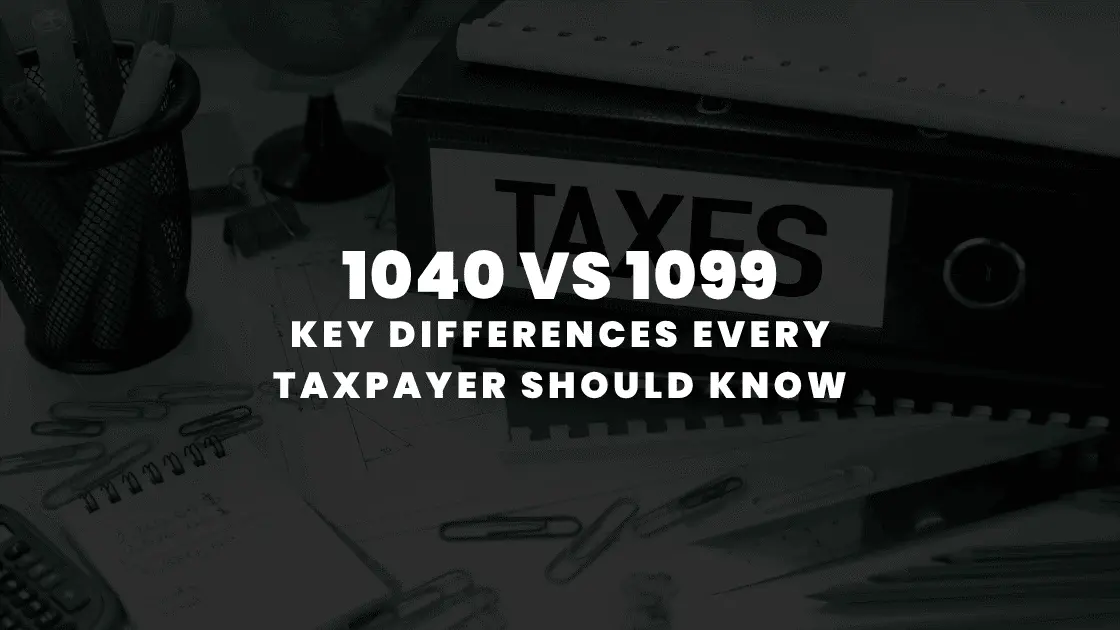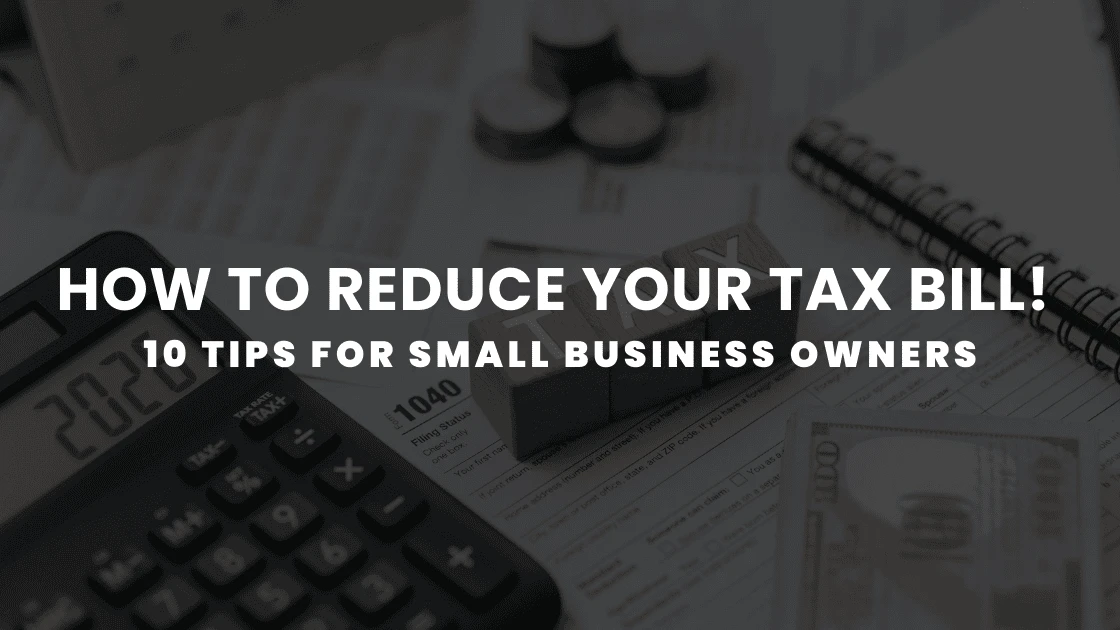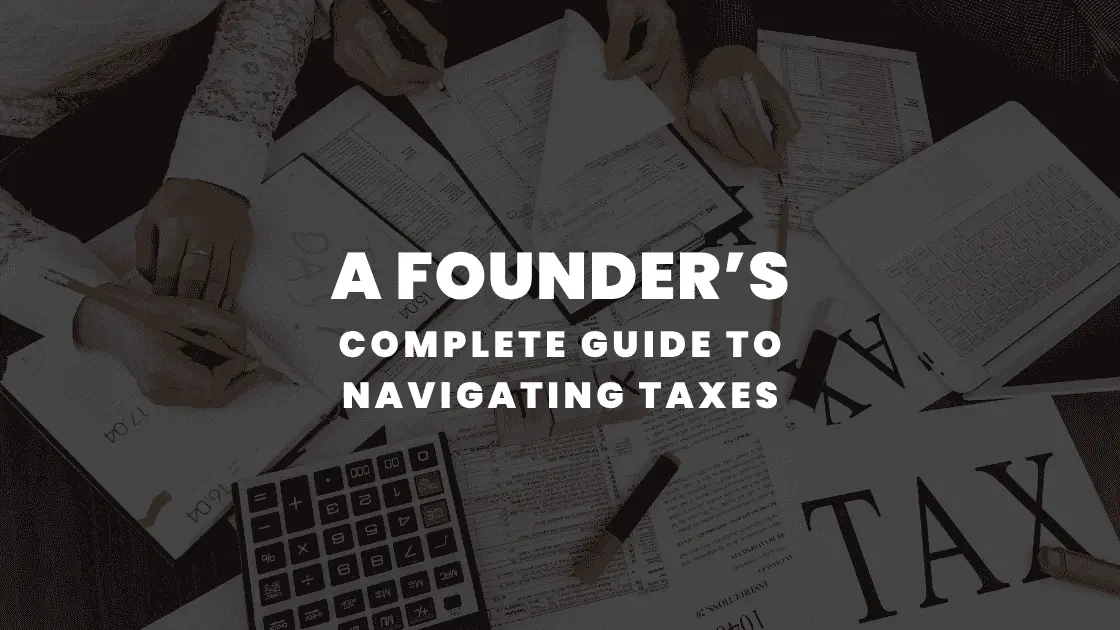October 16 2025 | By Shoaib Jamil | 6 minutes Read

What Is Form 1040?
What Is Form 1099?
1040 Form vs 1099: Core Purpose and Usage
Who Needs to File Each Form?
Tax Implications, How They Affect You
For Employees (W-2 Income)
For Independent Contractors (1099 Income)
What Happens If You Don’t Report a 1099?
How Form 1040 and Form 1099 Work Together
Common Mistakes Taxpayers Make
Why the IRS Cares About 1040 vs 1099
Mastering the Difference Between 1040 and 1099
Tax season can be overwhelming, especially when you’re staring at multiple forms with numbers instead of names. Two of the most common, and often misunderstood, are Form 1040 and Form 1099.
While both play vital roles in the U.S. tax system, they serve very different purposes. Understanding the 1040 vs 1099 distinction can help you avoid costly mistakes, ensure accurate filings, and potentially save money.
In this blog, we’ll break down everything you need to know about these forms, what they are, who uses them, and the difference between 1040 and 1099, so you can file your taxes with confidence.
Source: turbotax.intuit.com
Form 1040, officially known as the “U.S. Individual Income Tax Return,” is the foundation of every American’s tax filing. Whether you’re a full-time employee, a freelancer, or a small business owner, Form 1040 is the document you use to report your total income, deductions, and tax liability to the IRS.
Essentially, it’s your personal summary of all your income sources and tax payments for the year. The 1040 replaced older forms like the 1040A and 1040EZ to simplify reporting. Today, it includes various schedules and attachments that tailor the form to different financial situations.
There are a few variations of the form, such as:
Each version serves a specific taxpayer group but follows the same principle, reporting and reconciling income for the IRS.
Now that we have covered the foundation, let’s talk about the Form 1099 series. Unlike Form 1040, 1099s are information returns. These are issued by businesses or individuals to report payments made to someone who isn’t their employee.
In other words, if you’re self-employed, a freelancer, or an independent contractor, chances are you’ll receive one or more 1099s during tax season. These forms tell the IRS how much you earned outside of traditional employment.
There are multiple types of 1099s, including:
Each of these forms reports a different kind of income, but all are used to ensure that the IRS has a complete picture of your earnings.
At their core, 1040 form vs 1099 differ in who files them and what they report. Form 1040 is filed by taxpayers themselves to report total income and taxes owed. Form 99, however, is issued by a third party, typically a business, financial institution, or client, to report payments made to you.
In simpler terms, you’ll receive a 1099 but submit a 1040.
For example, if you worked as a contractor for a company and earned $2,000, they’ll send you a Form 1099-NEC. When you file your taxes, you’ll report that income on your Form 1040, along with any other income sources.
Understanding who files what is crucial for compliance:
If you’re a freelancer, you might receive multiple 1099s from different clients. If you’re a full-time employee, your employer will instead send you a W-2 form, not a 1099.
One of the major differences between 1040 and 1099 lies in tax responsibility.
Employees have income taxes automatically withheld by their employers. Their 1040 typically reflects wages reported on their W-2s, along with deductions and credits.
Freelancers and contractors don’t have taxes withheld automatically. This means they must pay self-employment taxes, including Social Security and Medicare contributions, on top of their income tax.
When reporting income from 1099s on Form 1040, independent workers must also account for Schedule C (Profit or Loss from Business) and Schedule SE (Self-Employment Tax).
Failing to report income from a 1099 is one of the most common tax errors. Since the IRS also receives a copy of your 1099, discrepancies between your report and theirs can trigger audits or penalties.
Even if you don’t receive a 1099 form for a particular gig (for example, if you earned less than $600), you are still legally required to report that income on your 1040. The IRS expects all income, no matter how small, to be reported.
While they serve different roles, the two forms complement each other in the tax filing process.
In essence, Form 1040 is your main tax filing, while 1099s are supplementary documents that provide the details feeding into it.
Even experienced taxpayers can make errors when dealing with 1040s and 1099s. Here are some to avoid:
The IRS uses these forms to track all types of income in the economy, whether it comes from salaries, side gigs, investments, or rentals. The agency uses advanced matching systems to verify that all income reported by payers (via 1099s) matches what taxpayers declare (on their 1040s).
When there’s a mismatch, you may receive a notice from the IRS requesting clarification or additional documentation. That’s why understanding 1040 vs 1099 and ensuring accuracy across both forms is essential for compliance and peace of mind.
Understanding the 1040 form vs 1099 isn’t just about paperwork, it’s about knowing how your income is viewed by the IRS and how it affects your overall tax situation. Form 1040 represents your personal tax filing, while 1099s represent the income streams that feed into it.
Whether you’re an employee, freelancer, or business owner, knowing the difference between 1040 and 1099 helps ensure accurate filings, prevent audits, and minimize your tax liability.
If you need expert guidance to handle your 1099 income, file your 1040 accurately, or optimize your tax strategy, consider partnering with Monily. We specialize in simplifying tax and accounting for individuals and businesses alike, helping you stay compliant, save time, and make smarter financial decisions.
Book a consultation with us to get started.
Subscribe for business tips, tax updates, financial fundamentals and more.
MORE BLOGS

Running a small business means every dollar matters. You work hard to earn revenue, manage expenses, and grow steadily, yet tax time often feels like money […]
Learn More →
Starting a business is exciting, right? There’s innovation, there’s growth potential, and the thrill of building something from scratch. But amid all the planning, entrepreneurs often […]
Learn More →
Starting a business is quite thrilling, until tax season arrives. For founders, understanding the nitty gritty of startup taxation can make a difference between financial efficiency […]
Learn More →